Wegener's in Wilmington Delaware Infusion Center of DE
Wegeners Wilmington Delaware Treatment at Infusion Center of DE
Wegener’s Granulomatosis (also known as Granulomatosis with Polyangiitis or GPA) is a rare autoimmune disorder that triggers inflammation in blood vessels, commonly impacting organs such as the kidneys, lungs, and upper respiratory tract. Timely and effective treatment is crucial to control symptoms, reduce inflammation, and prevent lasting organ damage. At the Infusion Center of Delaware, wegeners wilmington delaware treatment, we offer personalized care designed to help patients with GPA manage their condition and enhance their quality of life.

Our experienced team works closely with each patient to develop a tailored treatment plan, offering advanced infusion therapies to reduce flare-ups and protect vital organs. With a focus on early intervention and ongoing support, we provide care in a comfortable, compassionate setting. Whether you’re newly diagnosed or managing GPA long-term, we are here to guide you through every step of your treatment journey.

WHAT WE TREAT
OUR LOCATIONS
Recognizing the Symptoms of Wegener’s Granulomatosis
Wegener’s Granulomatosis (GPA) can cause a wide range of symptoms, often affecting multiple organs. Common signs include:
Chronic sinus infections, nosebleeds, and sore throat.
Cough, shortness of breath, or chest pain.
Swelling, blood in urine, or decreased kidney function.
Rashes, ulcers, or lesions.
Swelling or discomfort, particularly in the knees, ankles, and elbows.
Symptoms may come on gradually and vary in severity. If you experience any of these signs, it’s important to consult a healthcare provider for early diagnosis and treatment. Proper care can help manage the disease and prevent long-term complications.
Key Diagnostic Steps for Granulomatosis with Polyangiitis (GPA)
If you notice symptoms of Granulomatosis with Polyangiitis (GPA), early diagnosis is essential. Rheumatologists and other specialists play a critical role in identifying and managing the condition. In Wilmington, Delaware, residents have access to various healthcare providers, including primary care physicians and specialists, who can guide the diagnostic process. The diagnostic steps may include:
- Blood tests can assess inflammation, kidney problems, and the presence of antibodies for GPA
- Imaging techniques like X-rays or CT scans can identify damage to vital organs
- Urine tests evaluate kidney function and detect the presence of blood or protein.
FAQ About Wegener’s Wilmington Delaware - Infusion Center of DE
GPA primarily affects the kidneys, lungs, and upper respiratory tract, but it can also involve the skin, eyes, and nervous system, leading to various complications.
Yes, common medications include corticosteroids (prednisone), methotrexate, cyclophosphamide, rituximab, and azathioprine, aimed at suppressing the immune system.
Granulomatosis with Polyangiitis (GPA) primarily affects the respiratory system, particularly the sinuses, nose, throat, and lungs, along with the kidneys, although it can potentially damage any organ system in the body due to its inflammatory nature on blood vessels.
Granulomatosis with Polyangiitis (GPA), also known as Wegener’s Granulomatosis, is considered a rare condition. It affects approximately 3 to 10 people per million annually. While it’s rare, it can affect individuals of any age, with the most common onset occurring between the ages of 40 and 65. Due to its rarity, GPA may be difficult to diagnose, and awareness among both healthcare professionals and the general public is important for early detection and treatment.
GPA treatment includes corticosteroids for inflammation, immunosuppressants like cyclophosphamide or rituximab, and maintenance meds to prevent relapses. In severe cases, plasmapheresis may be used. Treatment is personalized based on severity and organ involvement, with regular monitoring to ensure the best outcomes. Early diagnosis is crucial.
Strategies for Preventing Granulomatosis with Polyangiitis (GPA)
Here’s a comprehensive list of the most effective strategies for preventing Granulomatosis with Polyangiitis (GPA):
- Early Detection and Regular Monitoring: Routine check-ups with specialists help detect early signs of GPA, enabling prompt treatment to avoid complications.
- Infection Prevention: Preventing infections through vaccinations and avoiding sick contacts can help protect vulnerable organs like the lungs and kidneys in GPA patients.
- Smoking Cessation: Quitting smoking is vital as it can worsen lung damage and accelerate disease progression in GPA patients.

Support Care for Wegener's at the Infusion Center of DE
Experience compassionate care for Wegener’s, rheumatoid arthritis, Crohn’s disease, psoriatic arthritis, ankylosing spondylitis, and more at the Infusion Center of DE. Book your appointment online today for better health.
Living Well with Wegener's Granulomatosis in Wilmington, Delaware
For a peaceful retreat in Wilmington, Delaware, Eden Park offers a serene atmosphere perfect for quiet walks and nature viewing. Managing Wegener’s Granulomatosis (GPA) in Wilmington requires early diagnosis, ongoing treatment, and lifestyle adjustments. Access to specialized care and local support groups can help patients effectively manage the condition. With proper medical care and community resources, individuals with GPA can lead fulfilling lives. If you or a loved one is experiencing symptoms, reach out to a specialist today to take the first step toward better management and support.

